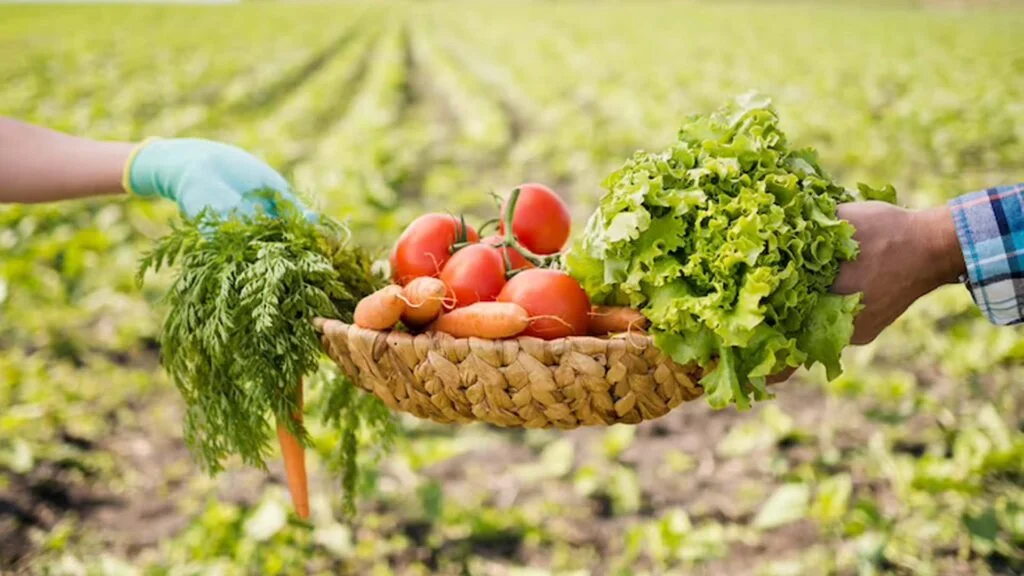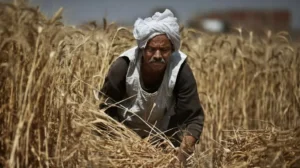Introduction

Vocational training programs in modern agriculture are crucial for equipping new farmers with the skills and knowledge necessary to thrive in today’s rapidly evolving agricultural landscape. These programs focus on practical, hands-on learning experiences that prepare participants for the challenges of contemporary farming, including the adoption of new technologies, sustainable practices, and effective resource management. As agriculture faces increasing pressures from climate change and market demands, vocational training provides essential pathways for innovation and growth. This article examines various vocational training programs available in modern agriculture, highlighting their objectives, curricula, and impact on new farmers.
Key Features of Vocational Training Programs

1. Comprehensive Curricula
Modern vocational training programs offer a diverse range of subjects tailored to meet the needs of new farmers.
- Core Subjects: Programs often include modules on crop production, animal husbandry, soil management, pest control, and sustainable farming practices. For example, the curriculum from the MO-LAB project emphasizes both theoretical knowledge and practical skills related to crop production and animal husbandry 1.
- Specialized Training: Many programs provide specialized courses such as advanced beekeeping, citrus production, and organic farming practices that cater to specific interests within the agricultural sector 2.
2. Hands-On Experience
Practical experience is a cornerstone of vocational training in agriculture.
- Internships and Field Work: Participants typically engage in internships that allow them to apply their learning in real-world settings. For instance, students may complete multiple weeks of internships focused on animal husbandry or crop management 1.
- Use of Modern Technologies: Training programs often incorporate the latest agricultural technologies, including precision farming tools and machinery operation. This exposure helps new farmers become proficient in using advanced equipment essential for modern farming 4.
3. Collaboration with Industry
Many vocational training programs are developed through partnerships between educational institutions and agricultural organizations.
- Public-Private Partnerships: Collaborations with industry stakeholders ensure that training curricula align with current market needs and technological advancements. For example, the UNDP’s initiatives in Georgia focus on enhancing vocational education through partnerships with various sectors 3.
- Knowledge Sharing: These partnerships facilitate knowledge exchange between experienced farmers and trainees, promoting best practices and innovation within local agricultural communities.
4. Focus on Sustainability
Sustainable agricultural practices are increasingly integrated into vocational training programs.
- Environmental Stewardship: Courses often emphasize sustainable farming techniques that minimize environmental impact while maximizing productivity. Training on organic farming standards is also included to prepare farmers for eco-friendly practices 2.
- Resilience Building: Educating new farmers about climate-smart agriculture helps them adapt to changing environmental conditions while maintaining food security.
Impact of Vocational Training on New Farmers
- Skill Development: Vocational training equips new farmers with essential skills that enhance their employability and productivity in the agricultural sector.
- Increased Innovation: By fostering a culture of learning and adaptation, these programs encourage innovation among participants who are more likely to implement new technologies and practices.
- Community Engagement: Trained farmers often become community leaders who share their knowledge with peers, promoting collective growth within rural areas.
Conclusion
Vocational training programs play a vital role in preparing new farmers for success in modern agriculture by providing comprehensive curricula, hands-on experience, industry collaboration, and a focus on sustainability. As agriculture continues to evolve in response to global challenges such as climate change and food security demands, investing in vocational education will be essential for cultivating a skilled workforce capable of driving innovation and resilience in the sector.
Explore local vocational training opportunities—consider enrolling in programs that align with your interests to enhance your skills as a future farmer!
Q&A Section
Q: What subjects are typically covered in vocational training programs for agriculture?
A: Common subjects include crop production, animal husbandry, soil management, pest control, sustainable practices, and specialized courses like organic farming or advanced beekeeping.
Q: How does hands-on experience benefit new farmers?
A: Hands-on experience allows new farmers to apply theoretical knowledge in real-world settings, improving their practical skills and confidence in managing agricultural operations.
Q: What role do public-private partnerships play in agricultural education?
A: Public-private partnerships help align training curricula with industry needs, facilitate knowledge sharing between experienced professionals and trainees, and promote best practices within local communities.
Resources
- Modern Agriculture and Future-Oriented Vocational Training – MO-LAB Project
- Vocational Education and Training in Agriculture – FAS Project
- Vocational Education and Training in Agriculture – UNDP Georgia
- Agriculture Training Programs – CAEP.org







